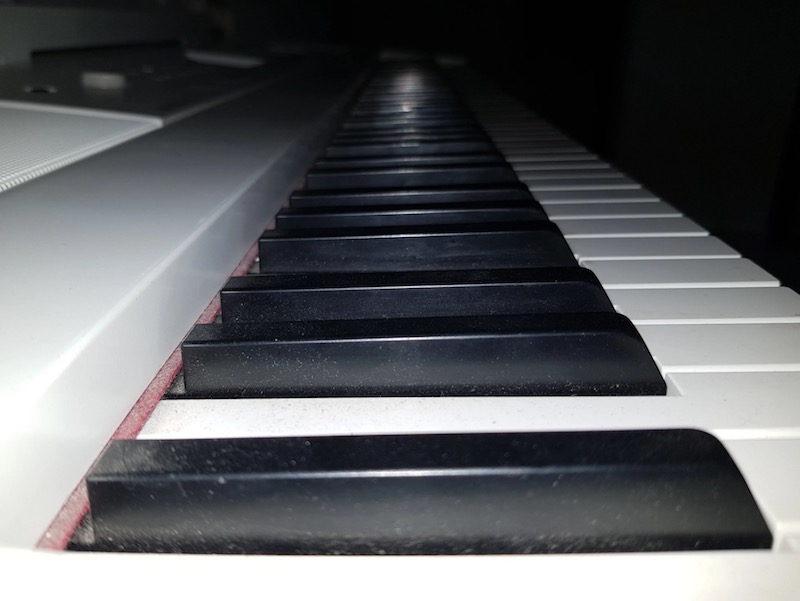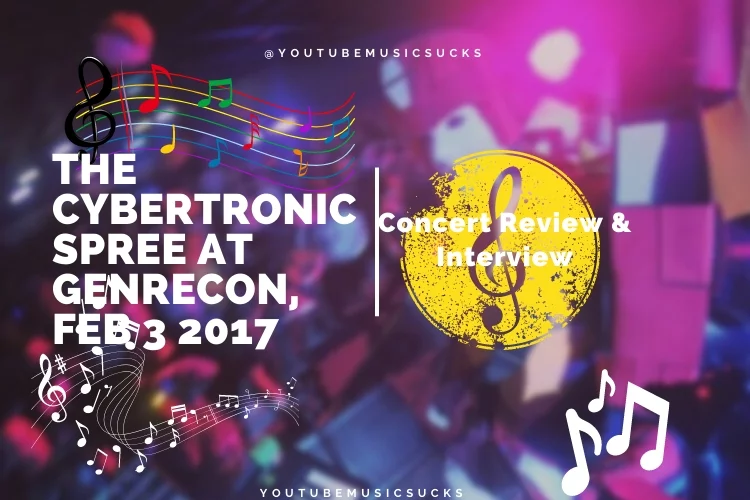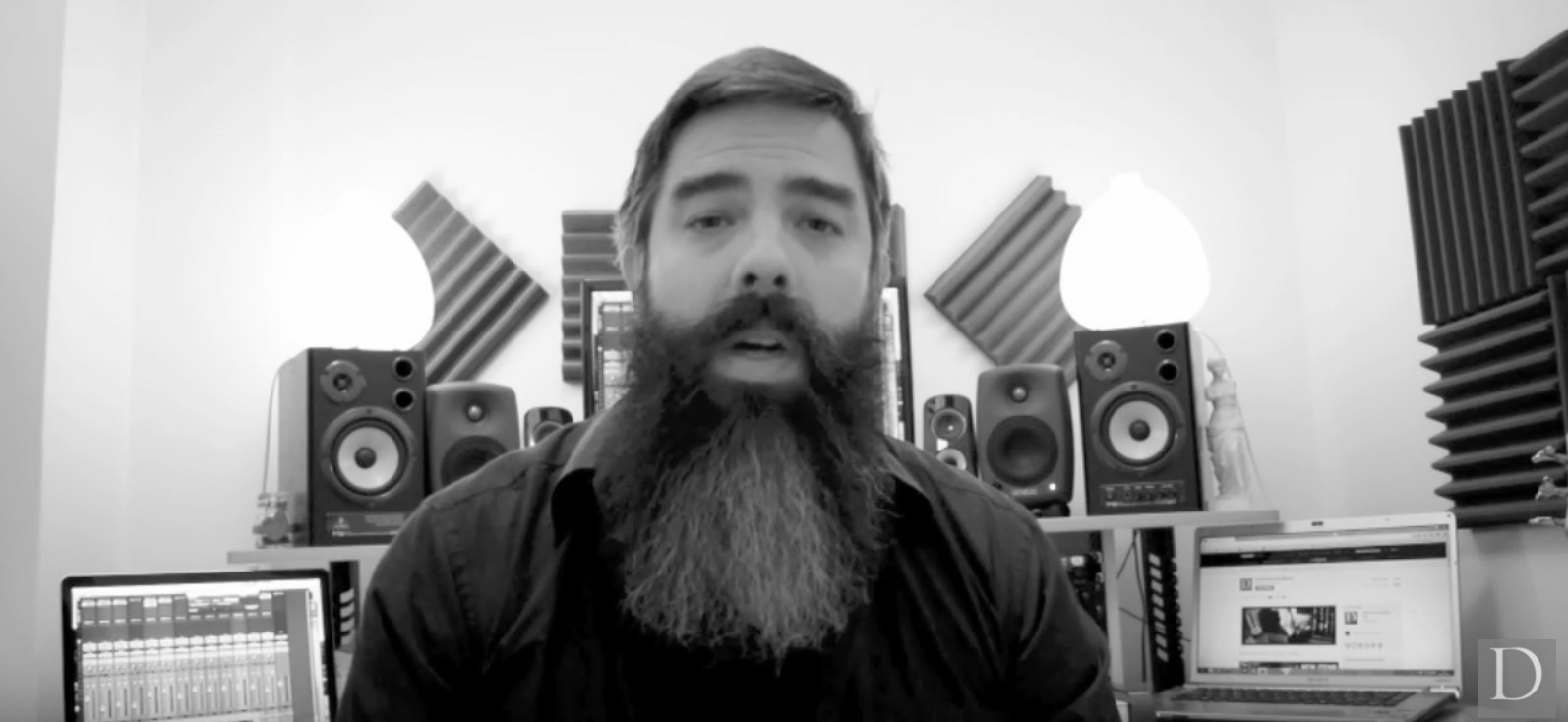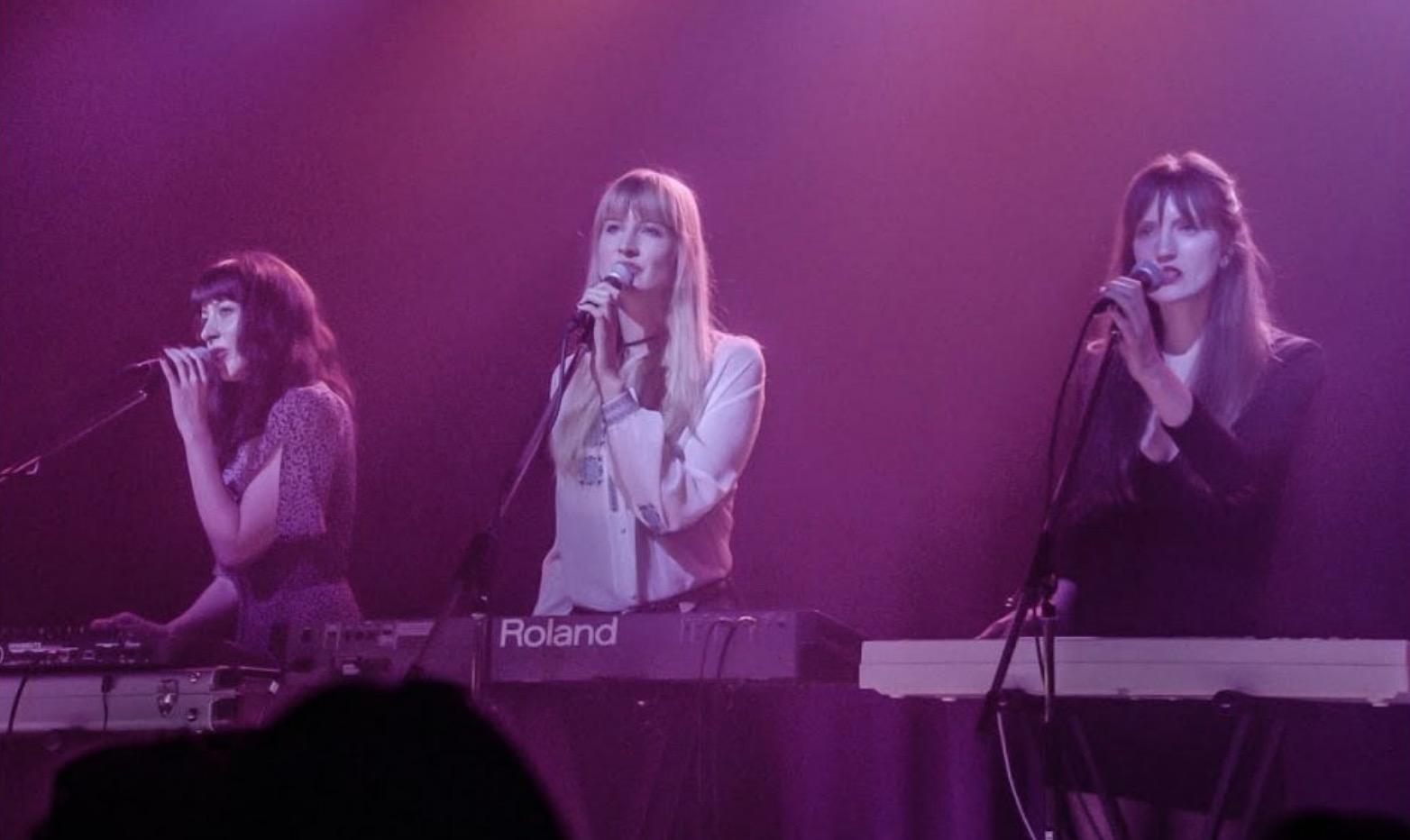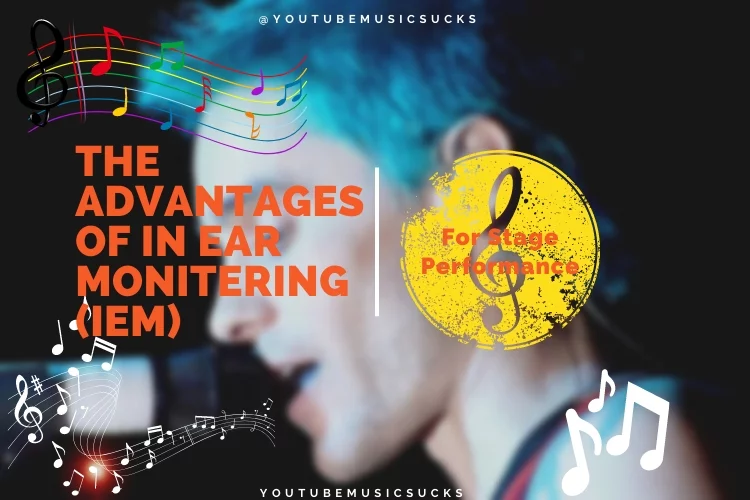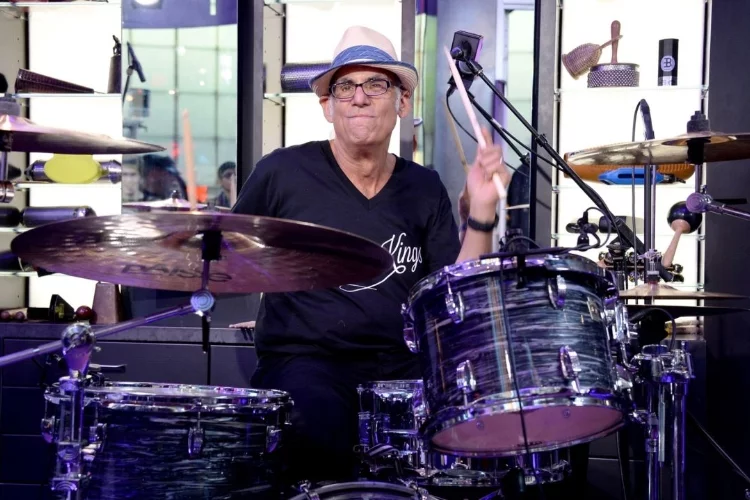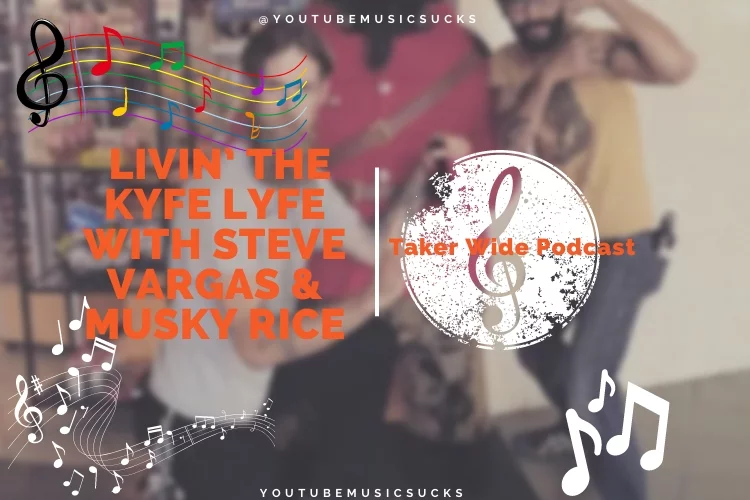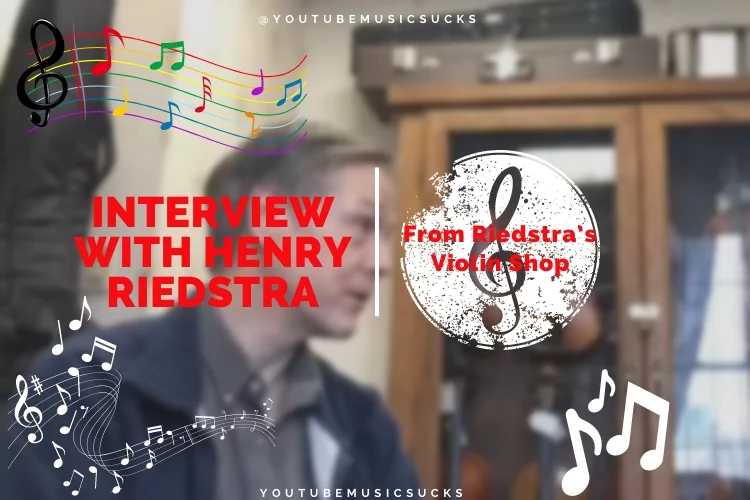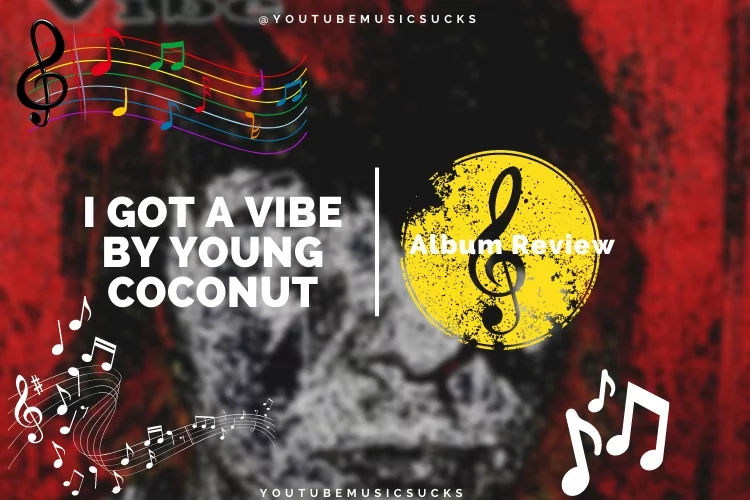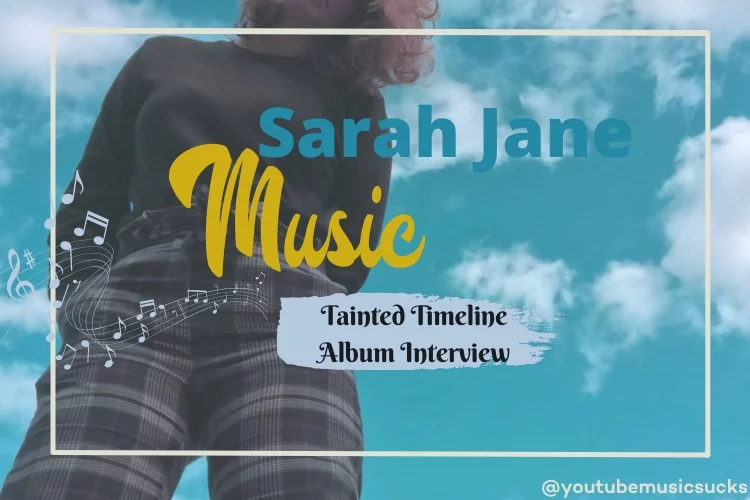Music Interviews
Music Interviews
How To Cover A Song on Piano – Learning the Essentials with Noam Haddad
![]() Jay Sandwich
Jay Sandwich
Today I speak with Noam Haddad (aka Pianoam on Fiverr.com), a 21-year-old piano player from Tel Aviv, Israel who has, for a long time, been covering his favorite songs on the piano, where he now makes a nice side income by doing his favorite hobby. Asking... [read more]
The Cybertronic Spree at GenreCon, Feb 3 2017 – Concert Review & Interview
![]() Jay Sandwich
Jay Sandwich
Recently, a friend and I attended a very special concert in the city of Guelph, Ontario. That being, The Cybertronic Spree at GenreCon!ContentsCybertronic SpreeThe ShowPerformanceYTMS Interview With The Cybertr... [read more]
Can You Make A Living Making Music For Audiojungle? – Diva Production Music Interview
![]() Dave Fox
Dave Fox
When it comes to creating and selling royalty-free music online, I must admit that, until recently, I was only vaguely aware of the concept. But, as a musician and someone who is always trying to explore new potential money-making ideas, there comes a tim... [read more]
Bang Bang Bar Band Talks Twin Peaks – An Interview with Au Revoir Simone’s Heather D’Angelo
![]() Jay Sandwich
Jay Sandwich
As a fan of Twin Peaks, and specifically the music the show has produced over the years, Season 3 had me wondering, like many fans, about some of the musical acts that were featured at the Bang Bang Bar (commonly referred to as the Roadhouse). Many of the... [read more]
The Advantages of In Ear Monitering (IEM) For Stage Performance
![]() Jay Sandwich
Jay Sandwich
When was the last time you had a great experience playing a live show as a band or solo artist using stage monitors? Ah, I'm sure you remember it all perfectly well: You could hear yourself clearly, there was a... [read more]
Interview with New York Drum Legend Liberty DeVitto, October 2018
![]() Dave Fox
Dave Fox
Liberty DeVitto has done pretty well for himself as a professional drummer over the past few decades. His success story is as inspiring as any musician could hope for. DeVitto basically taught himself how to play drums, motivated by sheer enthusiasm for t... [read more]
Taker Wide Podcast – Livin’ The Kyfe Lyfe With Steve Vargas & Musky Rice
![]() Jay Sandwich
Jay Sandwich
For a couple years now, we've been following Steve Vargas & Musky Rice's Taker Wide Podcast, which is a Canadian independent music podcast that airs weekly and talks to a wide variety of people who are deep in... [read more]
Interview With Henry Riedstra from Riedstra’s Violin Shop
![]() Jay Sandwich
Jay Sandwich
I had the pleasure of stopping by Riedstra's Violin Shop recently, which is quite a cozy music store and repair shop located downtown Kitchener, Ontario.If you're from the Kitchener area and you play an instrum... [read more]
I Got A Vibe by Young Coconut – Album Review
![]() Jay Sandwich
Jay Sandwich
There are some individuals out there that are just full of music. These people must constantly be finding outlets to release their creativity. When music is in the head it must escape out into the world or the... [read more]
Sarah Jane Music – Tainted Timeline Album Interview September 2020
![]() Jay Sandwich
Jay Sandwich
Sarah Jane Music, AKA Sarah Jane, the Aussie alt-rocker and popular Youtuber, is releasing a new album on Oct 23rd 2020 into the world. Being a fan of her highly emotive tracks, I thought I’d see if I could grill her on the details around this new album, ... [read more]
Musical Inspiration
Check for FREE Gifts. Or latest free acoustic guitars from our shop.
Remove Ad block to reveal all the rewards. Once done, hit a button below
 |
 |
 |
 |
